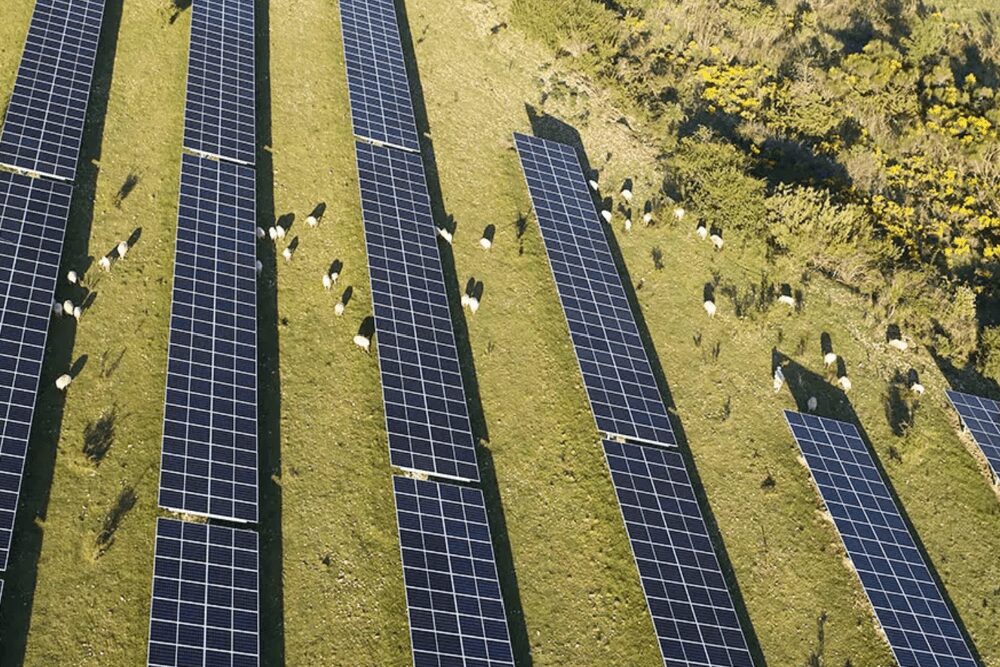
According to Rewiring Australia, a recently announced household electrification program will reduce energy bills for low-income households in New South Wales while tackling the climate crisis.
More than 24,000 social housing tenants will receive grants for upgrades including solar PV, hot water systems, ceiling fans, reverse-cycle air conditioners, insulation and draught proofing.
The grants worth a total of $175 million over four years will be jointly funded by the NSW and Commonwealth governments.
Rewiring Australia Executive Director Dan Cass has expressed that Rewiring Australia was delighted that Prime Minister Anthony Albanese and Premier Chris Minns had taken up their policy to provide grants to electrify social housing properties.
“Household electrification is the fastest, most cost-effective way to reduce emissions – and it also decreases the cost of living by significantly reducing energy bills.
“Targeting social homes is necessary to ensure everyone benefits from the bounty of renewable energy regardless of their income,” said Cass.
The Commonwealth government is also helping apartment residents access cheaper solar energy by subsidising rooftop solar installations and providing grants for purchasing a slice of a solar farm.
“This is important because 21.7% of dwellings in NSW are apartments and people who live there can’t simply install a solar system on their roof like people in a separate house.
“As the climate emergency and cost of living crisis worsen, governments will need to invest big in electrification policies like this, to slash bills and emissions at the same time,” said Cass.
Electrifying a household refers to the replacement of any existing fossil fuel device — such as gas stoves and fuel-powered vehicles — with efficient electric alternatives.
According to current statistics, the average Australian household uses 102 kWh of energy per day and spends $5,248 on energy-related costs annually.
The inefficiency of traditional fuels such as natural gas and petrol accounts for a significant portion of this energy use.
Every year, the average household emits 11,000 kg of CO2-e greenhouse gases into the environment as a result of its energy consumption activities.











